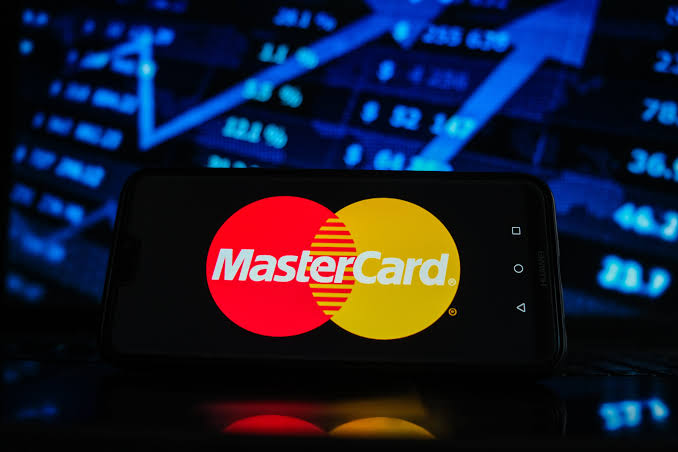Mastercard, a global leader in financial services, has launched a new Web3 solution to enhance user verification standards and “reduce the opportunities for bad actors” in the digital asset space.
The April 29-announced solution is known as “Mastercard Crypto Credential.”
In a Twitter-shared explainer video, the company explained that it is “creating a way for Web3 and blockchain service providers to help secure transactions between users, verified by Mastercard standards.”
As part of the solution, users will be issued a “Mastercard crypto credential unique identifier,” which, in theory, will allow them to instantaneously verify that an address they wish to send funds to has been verified by Mastercard and has been operating following the company’s standards.
“The solution is also designed to support compliance through the exchange of essential metadata,” Mastercard said, adding that it should “reduce the opportunities for bad actors and the risk of permanently lost funds.”
Mastercard can therefore swiftly revoke a bad actor’s verification if they are found to have engaged in illegal activity, even if they can obtain a unique identifier by slipping through the gaps.
The company provided a lengthy list of partners supporting the solution. Mastercard has partnered with cryptocurrency wallet providers Bit2Me, Lirium, Mercado Bitcoin, and Uphold.
Regarding blockchains, the company has formed alliances with Aptos, Avalanche, Polygon, and Solana.
Mastercard also stated that it will “leverage CipherTrace’s suite of services, including CipherTrace Traveler, to assist with address verification and support Travel Rule compliance for cross-border transactions.”
Mastercard has steadily increased its exposure to the cryptocurrency industry over the past few years. The most recent announcement comes just a few weeks after Polygon launched a nonfungible token (NFT)-gated musician accelerator program.
Mastercard’s Music Pass NFT holders have free access (until the end of April) to materials, exclusive artificial intelligence (AI) tools, and other experiences.
Visa, a competitor of Mastercard, made a crypto move earlier this week when Cuy Sheffield, the company’s director of crypto, announced a new stablecoin payments-focused initiative on Twitter on April 24.
Sheffield has posted a job listing for the position, which explains that the company is “building the next generation of products to facilitate commerce in everyone’s digital and mobile lives.”
The company is seeking a candidate with extensive knowledge of Web3 and blockchain technology.












